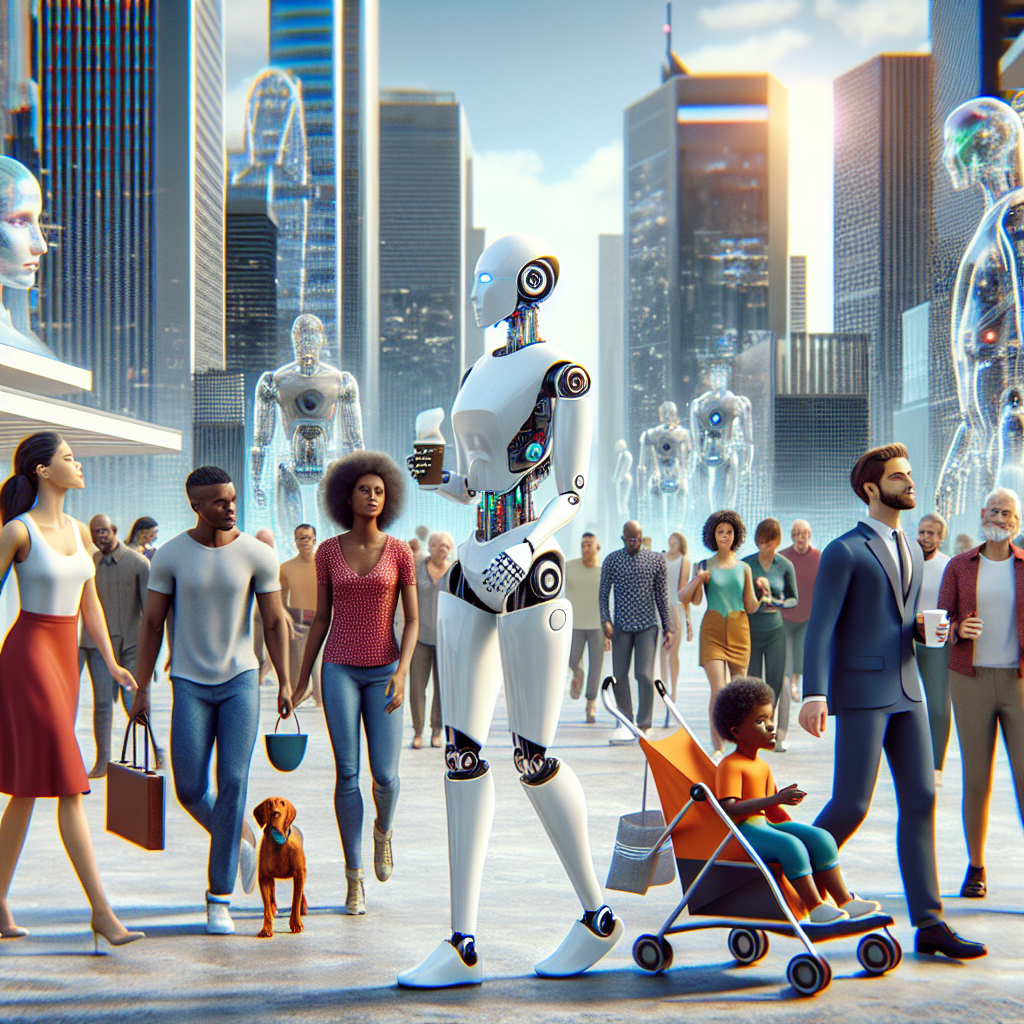Artificial General Intelligence (AGI) is a term that refers to a type of artificial intelligence that is capable of understanding and learning any intellectual task that a human being can. This type of AI is often seen as the holy grail of artificial intelligence, as it would be able to perform any task that a human can, from playing chess to writing novels.
AGI has the potential to revolutionize our everyday lives in a multitude of ways. From helping us with mundane tasks to solving complex problems, AGI has the potential to shape the world we live in. In this article, we will explore how AGI is already impacting our everyday lives and how it may continue to do so in the future.
How AGI is Shaping Our World
1. Personal Assistants
One of the most common uses of AGI in everyday life is personal assistants such as Siri, Alexa, and Google Assistant. These AI-powered assistants can help us with a wide range of tasks, from setting reminders to answering questions. They can also help us with more complex tasks, such as booking appointments or sending emails.
2. Healthcare
AGI has the potential to revolutionize healthcare by helping doctors diagnose diseases more accurately and quickly. AI-powered systems can analyze medical images, such as X-rays and MRIs, to detect signs of disease. This can help doctors make more informed decisions and provide better care to their patients.
3. Transportation
AGI is also shaping the way we travel. Self-driving cars, powered by AGI, are becoming increasingly common on the roads. These cars use AI to navigate through traffic, avoid accidents, and reach their destination safely. In the future, self-driving cars may become the norm, reshaping the way we think about transportation.
4. Finance
AGI is also making waves in the financial sector. AI-powered systems can analyze vast amounts of data to predict market trends and make investment decisions. This can help investors make better decisions and increase their chances of success in the market.
5. Education
AGI is also being used to revolutionize education. AI-powered systems can personalize learning experiences for students, helping them learn at their own pace and in their own way. This can help students reach their full potential and achieve academic success.
6. Entertainment
AGI is also shaping the entertainment industry. AI-powered systems can create music, art, and even movies. This can help artists and creators bring their ideas to life in new and innovative ways.
FAQs
Q: What is the difference between AGI and other types of AI?
A: AGI is different from other types of AI, such as narrow AI or artificial narrow intelligence (ANI), in that it is capable of understanding and learning any intellectual task that a human can. Narrow AI is designed for specific tasks, such as playing chess or driving a car, while AGI is more versatile and can adapt to a wide range of tasks.
Q: How close are we to achieving AGI?
A: While AGI is still a long way off, researchers are making significant progress in the field. Some experts believe that AGI could be achieved within the next few decades, while others are more cautious and believe it may take longer.
Q: What are the potential risks of AGI?
A: While AGI has the potential to revolutionize our world in positive ways, there are also potential risks associated with it. These include job displacement, ethical concerns, and the potential for AGI to surpass human intelligence and become a threat to humanity.
In conclusion, AGI has the potential to revolutionize our everyday lives in a multitude of ways. From personal assistants to healthcare, transportation, finance, education, and entertainment, AGI is already shaping the world we live in. While there are still challenges to overcome, the future of AGI looks bright, and it will continue to have a profound impact on our lives in the years to come.

